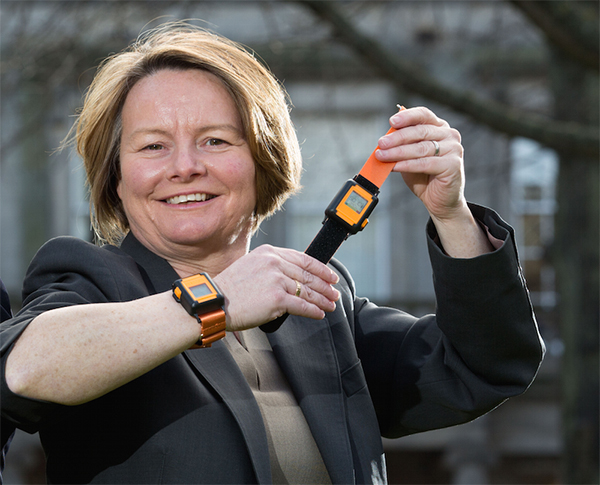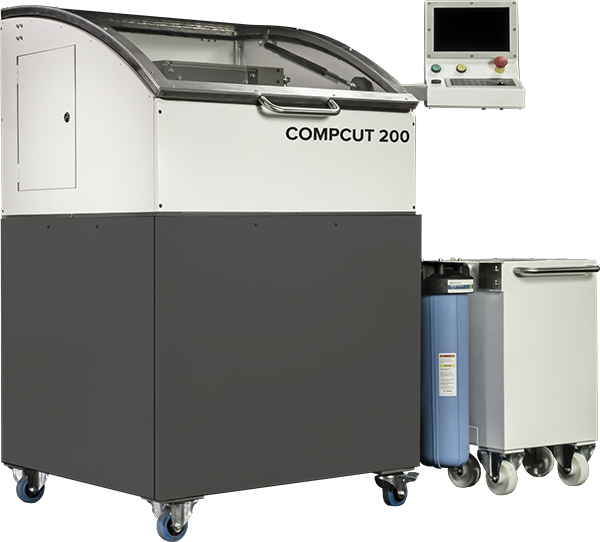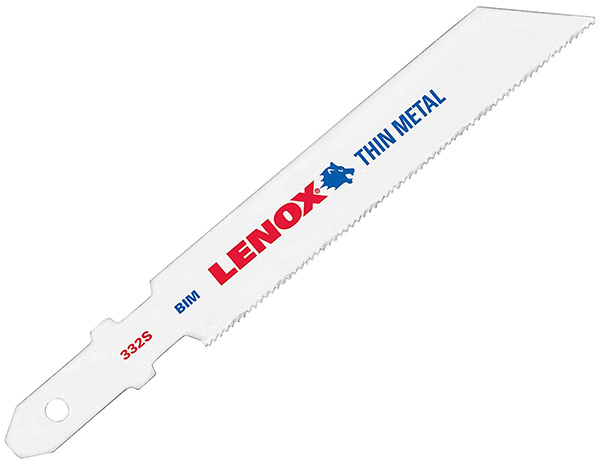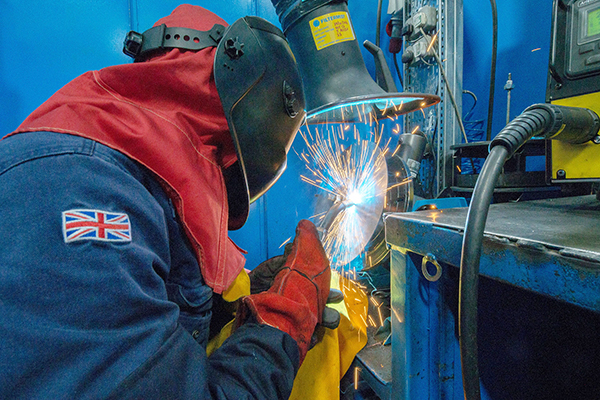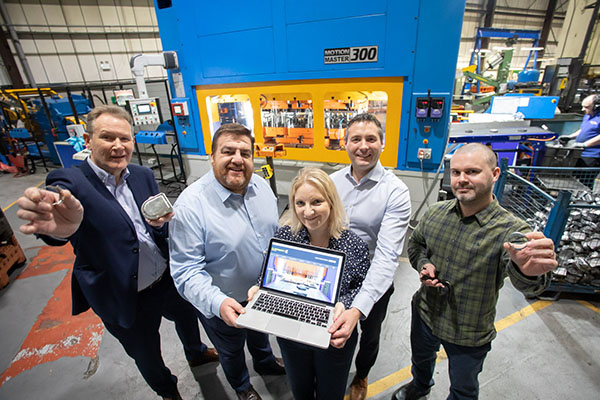A new range of ‘Jig Saw Blades’ designed to deliver optimal performance when cutting a variety of materials, including metal, has been introduced by Lenox.

When end users were asked what they look for in a blade, clean cuts, long blade life and durability were the top priorities. For common metal-cutting applications, such as sheet metal or steel tubing, Lenox bi-metal Jig Saw Blades feature ‘Power Blast Technology’, a high-speed blasting process that strengthens the blade to reduce breaks, as well as proprietary T2 Technology to provide fast, efficient cutting. For tough metal cutting applications, like steel plate or stainless steel, the updated offering features Lenox Power Arc curved Jig Saw Blades. The curved profile of the blade optimises the angle of attack for fast cutting and provides up to two times longer life than the company’s previous generation blade.
“At Lenox, we continue to advance our product portfolio to meet the demands of the end user,” says Brian Morrison, senior product manager at Lenox. “When developing the new Lenox Jig Saw Blade portfolio, we strived to exceed the expectations of our customers, incorporating proven, industry-best technology from our other product categories to offer superior cutting.
Additionally, the new Jig Saw Blades are manufactured in the USA with global materials. We are proud to manufacture high-quality products domestically.”
For further information www.lenoxtools.com







